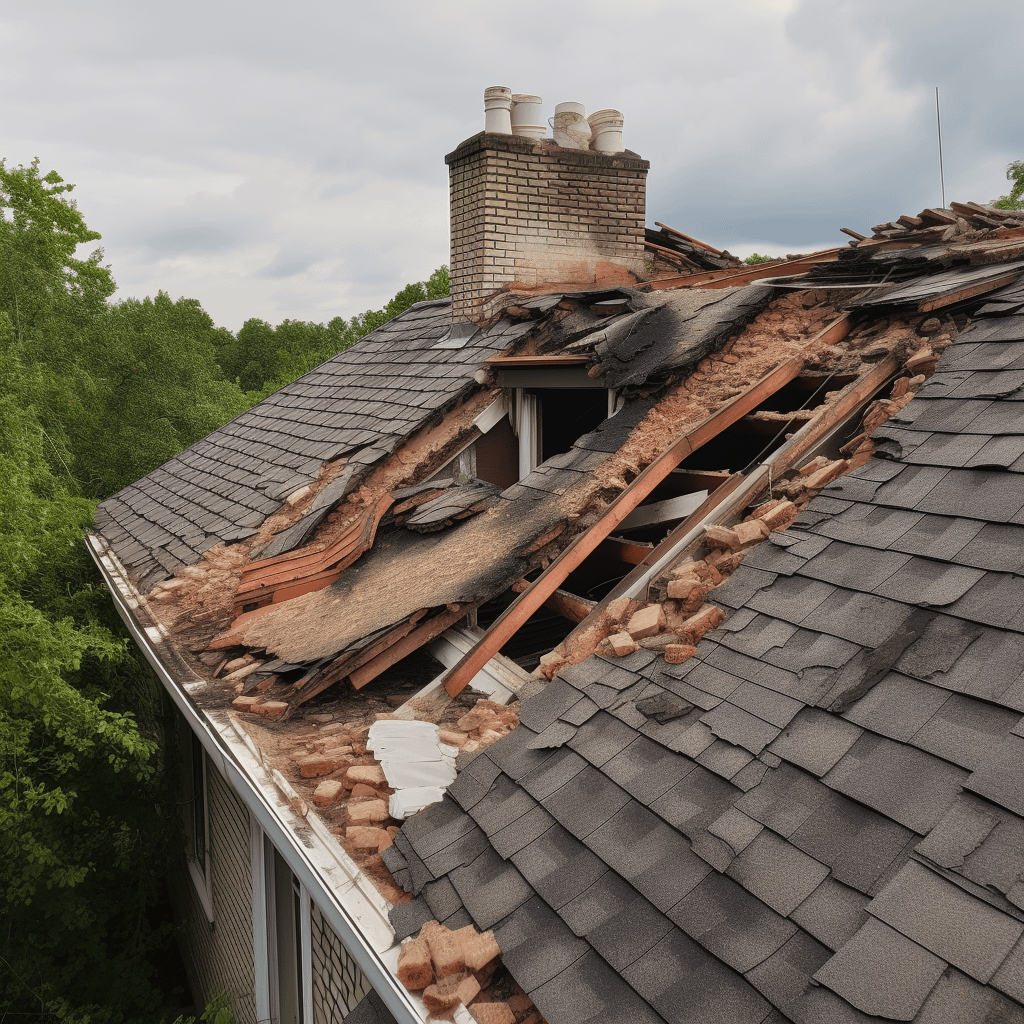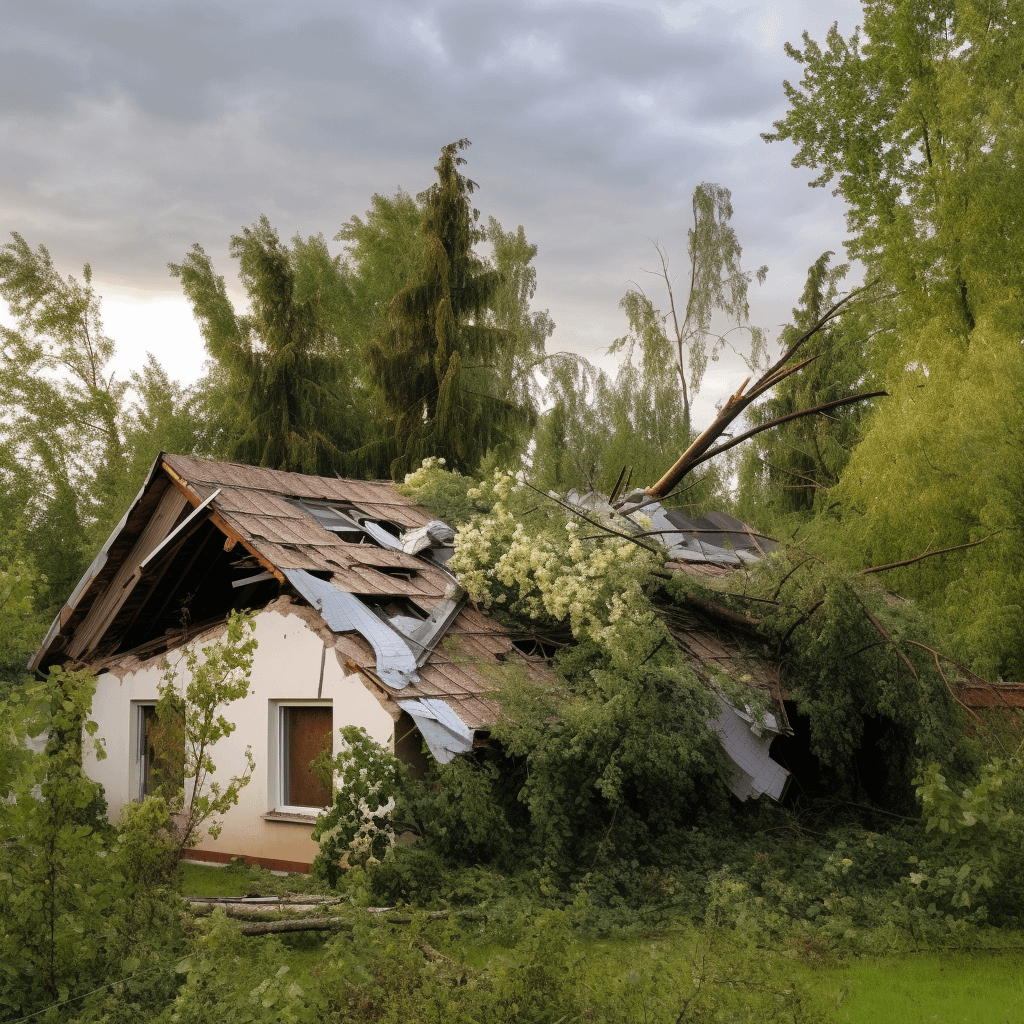We buy renters insurance policy for a reason – to protect us financially in case of unexpected events. However, renters insurance companies are profit-making entities who sometimes deny, delay, or lowball coverage to protect their own bottom line. This is where Wallace Law steps in. We are a team of expert insurance dispute lawyers ready to fight for your rights as a policyholder. We’ve helped many Wisconsin residents like you get their claims covered and their denials reversed.
What is Renters Insurance?
Renters sometimes find themselves in difficult situations. Landlords may not cover some of their substantive losses, and they may not be fully in command of all of the details of their housing, such as repairs or security measures.
Renters insurance steps in to fill the gap. It covers damages and losses associated with events like theft, smoke or fire, vandalism, falling objects, building or structural collapse, and hot water system explosions and leaks, among others. It also can cover your personal property wherever you may be.
Is Renters Insurance Required in Wisconsin?
Renters insurance is not required by law in Wisconsin. However, some landlords may ask or mandate tenants to engage in renters insurance. The cost for such insurance varies depending on several factors, including the fire safety policies in your apartment building. Wisconsin residents in fire-resistant apartments or smaller buildings can generally expect to pay less than those in larger complexes. However, this does not always relate to higher or lower payouts in terms of losses.
What Does a Renters Insurance Policy Cover?
Renters insurance typically covers personal property as well as medical bills for members of the household, including pets. In limited situations, it may also provide personal liability coverage for certain losses stemming from your own negligence. Items typically covered under renters insurance include furniture, electronics, and home appliances. A classic illustration of what renters insurance covers is the burst pipe example. Say you are out of town and a pipe bursts in your living room – renters insurance might cover your ruined furniture, rugs, artwork, damaged television, or other electronics, as well as cleanup costs for the water damage.
Renters insurance policy coverage can be broken down into the following categories for standard coverages:
- Personal property: Personal property covers damage to your belongings at home, or even the loss of your property while traveling. For instance, if your cell phone is stolen while traveling outside of the state, a renters insurance policy might be used to recover that loss.
- Loss of use: Loss of use coverage generally applies in the event of a natural disaster when you still have access to your apartment, but cannot stay there or make use of it. For instance, in the event of a tornado, loss of use might cover your costs to stay in a hotel or Airbnb, as well as transportation costs, food expenses, laundry, parking, and more.
- Personal liability: If someone else’s property is damaged at your apartment, you might be held accountable for their damages. Personal liability insurance protects you in such situations.
- Medical payments: Renters insurance can cover some medical bills and expenses if someone visiting you is injured in your home.
What Does Renters Insurance Not Cover?
The standard renters insurance policy does not cover all items. Insurance policy exclusions include jewelry, guns, cash, and collector’s items, unless otherwise specified. You may however still be able to register for partial coverage for damage to high-value items or certain things like antiques that do not depreciate in value.
How Much Does Renters Insurance Cover?
Renters insurance payments are calculated in the following ways:
- Actual cash value: This amount of compensation factors in the amount of depreciation that has occurred since you bought the item. For example, if you paid $800 for a new sofa, and there was a fire in your apartment after five years, then you cannot expect to receive the full $800 back from your insurance for the loss of your sofa. Instead, the actual cash value will take into account the depreciation as well as the wear and tear on the item, and cover only its current value at the time of the incident, perhaps closer to $500.
- Replacement cost coverage: Replacement cost coverage is not the default option for renters insurance and may require additional premiums. It pays out the amount that it would take to replace an item after its damage or loss at the current rate (and not the value that it holds after depreciation). In the same example, your renters insurance claim payout with replacement cost coverage might be $800 for a new sofa to replace the one burned in the fire.
How to File a Renters Insurance Claim
To file renters insurance claims in Wisconsin, you will need to:
- File a police report in case of theft: You should report instances of theft or vandalism to the police. Keep a copy of the police report to support your claim for reimbursement.
- Create a record of all items lost/damaged and covered under your policy: You will need to show evidence of lost or damaged items as well as proof of their value in the form of bank statements or receipts.
- Collect relevant evidence: Take pictures of the damaged area, especially for flood or water damage. You may also take a video of the area or request footage from your building cameras.
- Speak to your insurance provider: Contact your insurance provider and fill out relevant information.
- Review your claim thoroughly: Make sure to double-check all information and preserve your own copies of the claim.
- File all paperwork, as required: To file your claim you will likely need your policy number as well as a case number assigned to you by an insurance representative. Once you have all the information, you may submit your renters insurance policy claim.
How Long Do You Have to Have Renters Insurance to File a Claim?
Different insurers have different time limits for filing claims. However, once the claim is filed, your insurance company has 30 days to respond.
Renters Insurance Claim Tips
In order to make the most of your claim, you may want to:
- Understand your rights as a renter and a policyholder: Review any documents before you sign them. Keep copies of your policy in a place where they won’t be damaged, and ensure that you have access to representatives through their website and contact number.
- Create a record of your belongings: Make sure you have access to copies of receipts and expenses, especially for major purchases.
- Thoroughly check your policy documents and addendums, if any: Review paperwork before you agree to a final payout. Some items, such as antiques, jewelry, and valuables, may be excluded from your renters insurance policy. Others, like guns or cash, may be subject to certain limitations for reimbursement.
- Ask for clarification from your insurance provider: When in doubt, ask questions. You are entitled to explanations, including in writing, for any concerns or disputes.
- Consult an insurance dispute claim lawyer for help: If you are receiving denials or a reduced payout, speak with a denied insurance claim lawyer to discuss your options. A denial from an insurance adjustor does not always have to be the end of the road for your claim.

How Long Does a Renters Insurance Claim Take?
Wisconsin is one of the more efficient states when it comes to settling a renters insurance claim. If your insurer fails to compensate you after 30 days, contact a renters insurance attorney for help.
Why Was My Insurance Claim Denied?
Wisconsin prohibits companies from denying insurance coverage to people based solely on their criminal record, disability, age, race, marital status, sex, sexual preference, “moral” character, location, or occupation. However, your insurer might deny your claim for one of the following reasons:
- Your policy was not up-to-date or you missed premium payments
- Your policy specifically excluded the requested claim
- You didn’t file your claim on time
- Your claim lacked sufficient evidence
- Your insurance company is acting in bad faith
Renters Insurance Claim Denied: What Next?
A renters insurance lawyer can help you fight bad-faith insurance practices in Wisconsin. At Wallace Law, we can help you:
- Review your policy document with a legal lens: Your policy document may work in your favor when reviewed by an experienced insurance dispute lawyer who can identify blind spots.
- Collect all information, evidence, and paperwork: Your attorney will ensure you have gathered all relevant documentation to support your claim, including call transcripts with insurance agents, expense receipts and documentation of additional costs like time in a hotel room, rental cars, and food, as well as other expenses.
- Review specific instructions by your provider: Sometimes an insurance provider may require multiple rounds of proof before they agree to pay. We can help ensure that what they are requesting is legal, and help you follow up on your claim to recover the fullest amount possible.
- File all necessary appeals and forms on time: The statute of limitations in Wisconsin is three years to file an insurance appeal. We can help you file an appeal with the insurance review board or file a lawsuit against a bad-faith insurer.
How Can a Denied Renters Insurance Claims Lawyer Help Me?
A denied renters insurance claims lawyer will start by reviewing all of the paperwork associated with your insurance policy. Our team is here to represent your interest and verify that all decisions are based on correct, accurate, and up-to-date information. We will help ensure that you have all the proper evidence and documentation you need to file an appeal, and can even represent you in court if necessary. We can also handle all communications with the insurance provider, including negotiations to maximize claims settlement.
Let Us Fight For Your Rights: Contact our Renters Insurance Dispute Law Firm
At Wallace Law, our renters insurance claim lawyers are ready to consult with you about the facts of your claim. We cut through confusing insurance paperwork and purposefully obscure rulebooks to get to the heart of their denial. Our insurance dispute lawyers can negotiate a denied or undervalued renters insurance claim. Find out if you have a case today with a complimentary consultation.














